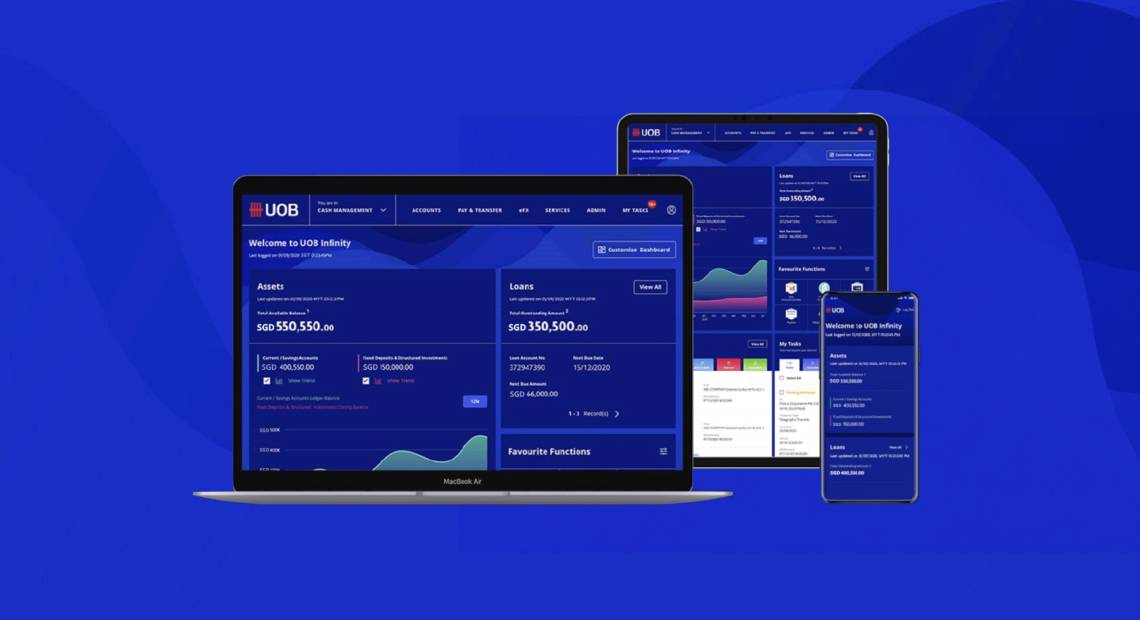Small businesses face enough challenges: Don’t let foreign exchange risk be one of them
"Currency value volatility can easily erase business profit margins"
SMEs must factor currency risks into their business strategy
A currency is often the barometer of a country’s economy. Whenever there is a major event – be it political, economic, a force of nature, or a natural disaster – the currency is the first to react. Yet all too often, it is the last thing that business managers focus on. Brexit and the US-China trade war have proved this point, with the British pound, US dollar and Chinese yuan all victims of sudden moves in both directions. Such volatility makes it almost impossible to predict the value of a currency tomorrow, let alone over a 30- to 90-day period when most business transactions are settled. This causes significant risks to companies involved in international trade. Risks are greater for small- and medium-sized businesses (SME) where products and clients are less diversified than for multinationals. Therefore, SMEs need to actively manage currency risk to protect their bottom line.
A risk management framework is key
#1: Determine your exposure
How much of your business is overseas – whether that is buying raw materials or selling finished goods? Previous trading and the average time frame to clear bills should offer a basis to analyse the currency exposure.
#2: Choose the correct strategy
How complex should your hedging structure be? Bearing in mind that doing nothing in itself is a decision and one that carries risk. Should you hedge your entire exposure, or just some?
#3: Regular review
Is the strategy adequate for the current economic conditions and outlook? Hedging strategies come with various degrees of flexibility and complexity, so they must be reviewed regularly as market conditions change constantly.
A higher percentage of FX transactions, and/or a longer clearance on payments, means a greater need for risk management.
Use spot and forward contracts: Protect your buy and sell prices
Firstly, here are some simple definitions of the terminology used to explain FX contracts.
| FX terminology | Definition |
| Spot contract | An agreement to buy or sell a currency at an agreed-upon rate to be utilised immediately, defined as two business days. |
| Forward contract | An agreement to buy or sell a currency at an agreed-upon rate for a future date specified in the contract. |
| Limit order | An agreement to buy or sell a currency at an agreed-upon rate to be utilised immediately, defined as two business days. |
Let’s say you need to buy or sell in a foreign currency within a short turnaround time. One solution is to buy a “spot contract” with your bank, which can be executed immediately or within 2 business days. However, it requires adequate funds in your account at the time of execution.
More precision is achieved by matching the FX transaction exactly with the payment date, using a “forward contract.” The FX rate is immediately guaranteed, even though payment is delayed until a specified future date. This acts to lock in profit margins and improves cash flow.
Your banking partner can help
Analysing and anticipating market movements require FX expertise, which many business managers do not have. This is where financial experts can help – UOB FX specialists can provide advice on strategy and execution, incorporating views on the direction and timing of markets. In this way, SMEs can use a more disciplined and tactical approach to hedging.
For importers and exporters, forward contracts provide a hedge against the risk of fluctuations in currency exchange rates, which may occur between the time the contract for sale is made and the time when payment is actually received.
More complex strategies are also available, such as limit orders, a commitment to transact at a chosen level should it be reached. However, this should not be considered until basic currency management has been mastered with spot and forward contracts.
All successful SMEs follow a structured business strategy that includes forward planning, with the intention to protect one’s costs or profits from currency fluctuations as well. At UOB, we offer dedicated support from FX specialists to advise SMEs on managing foreign-exchange risk and helping them to secure preferential rates. Contact us today to learn more.













